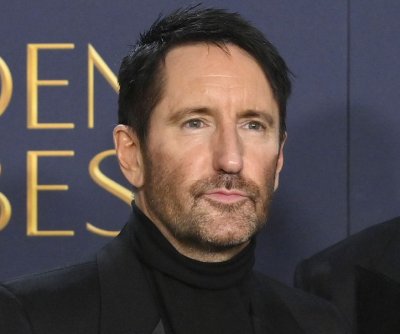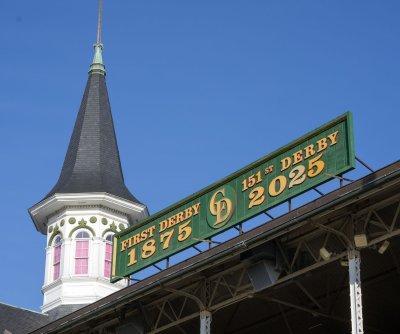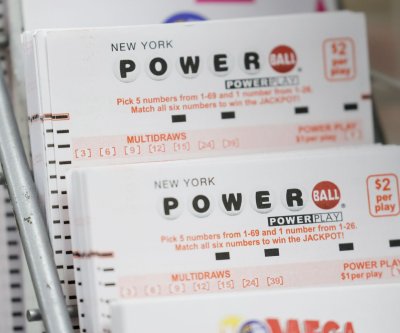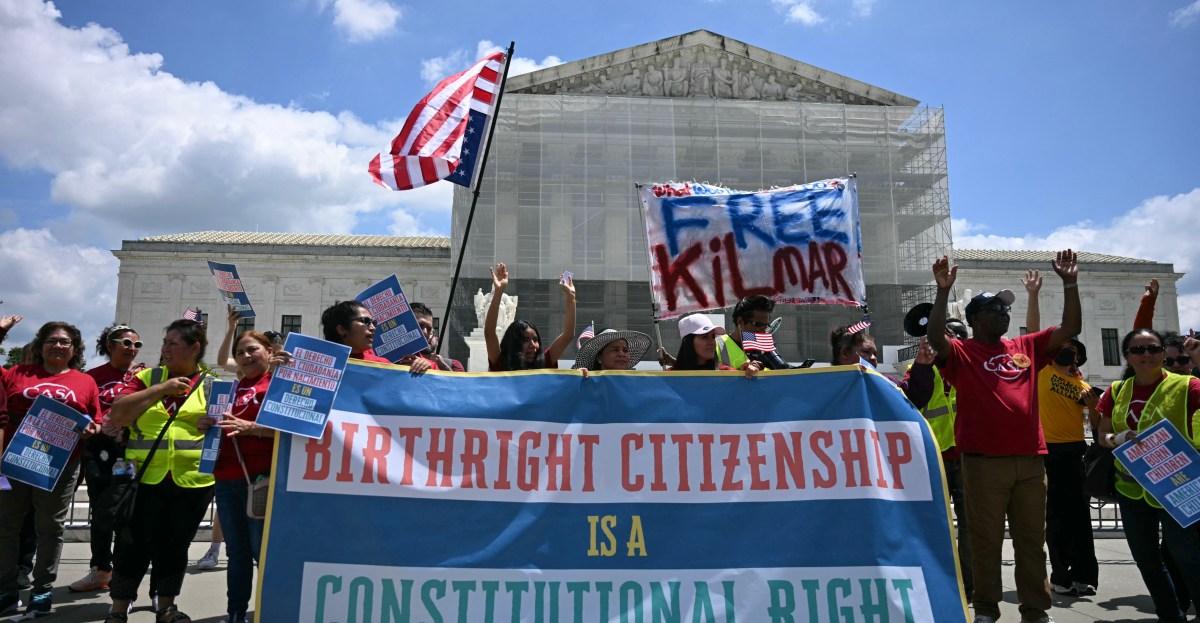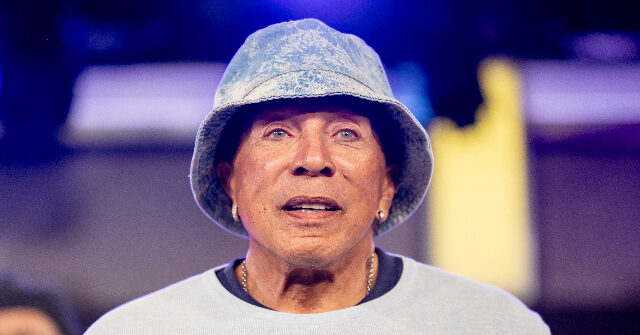Now Reading: Gen Z men are becoming more religious. The women, not so much.
-
01
Gen Z men are becoming more religious. The women, not so much.
Gen Z men are becoming more religious. The women, not so much.
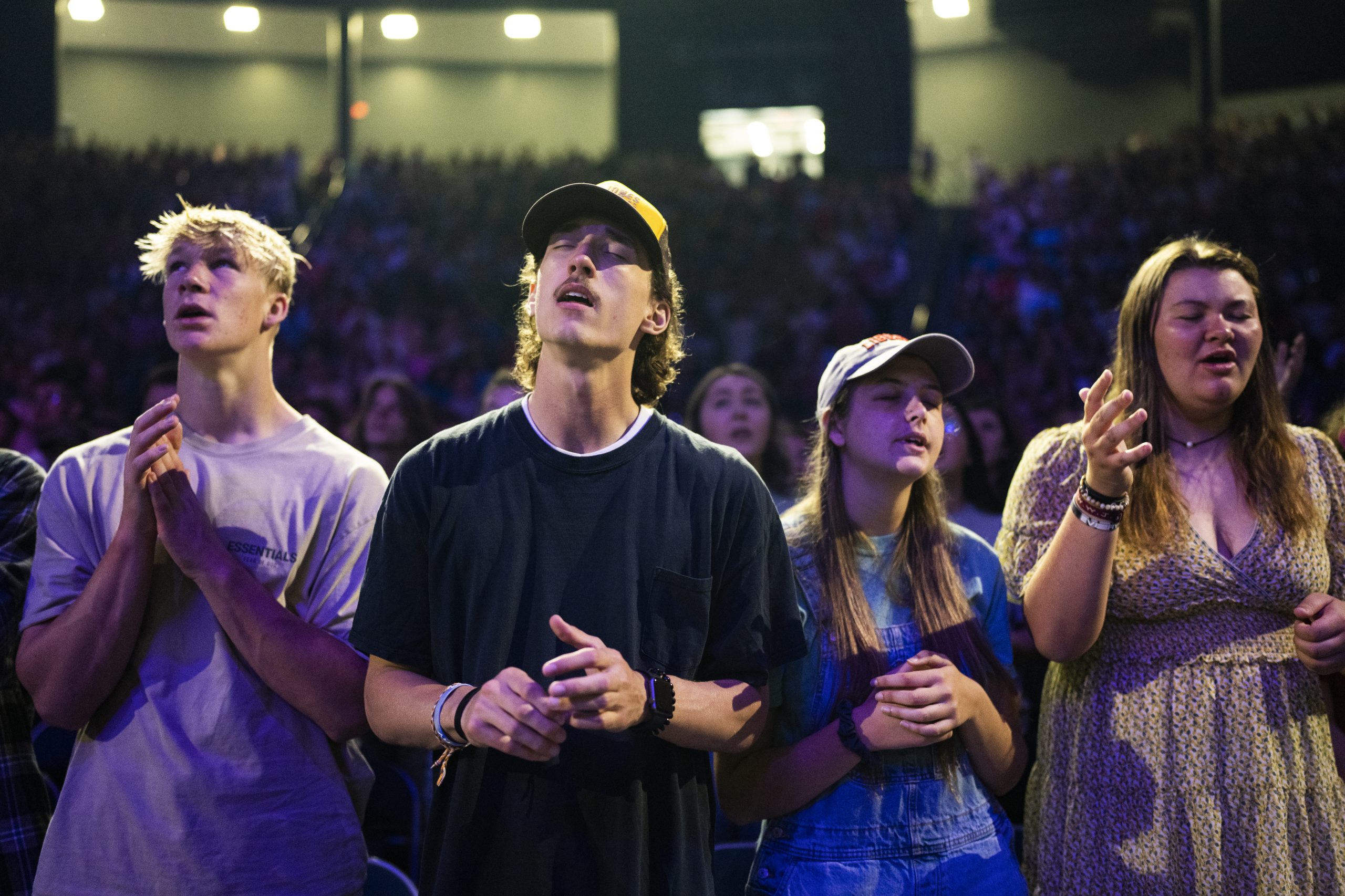
The 2024 election presents a continuing enigma related to the source of the contemporary political gender gap, especially among young individuals. While the voting decisions of young men and women aged 18 to 29 were more intricate than suggested by pre-election surveys, they exhibited the most significant disparity in their voting patterns across age groups. A post-election analysis revealed that Gen Z men backed Donald Trump by 14 percentage points, whereas Gen Z women favored Kamala Harris by 17 points.
The shifting dynamics, particularly the noticeable rightward trend among young men, have raised intriguing questions regarding what is fueling this divide. Could factors such as the manosphere, economic conditions, or traditional sexism be influencing young men to lean right while steering young women towards the left? Alternatively, could the resurgence of organized religion be playing a role in this phenomenon?
Recent developments indicate that the decline in religiosity within the United States has slowed down in recent years, particularly with the emergence of Generation Z. Data suggests that Gen Z is not continuing the trend of declining religious affiliation, particularly within Christianity, that was observed in previous generations. Instead, there appears to be a slight revival in religious beliefs among this youngest cohort.
This shift highlights an intriguing interplay among America’s youth, as Gen Z becomes increasingly polarized along gender lines in both politics and religious affiliations. The evolving trends indicate that modern politics and religious beliefs may be mutually reinforcing each other. As young men embrace faith and religious connections, their political ideologies tend to lean right, thereby reinforcing their existing beliefs. Conversely, young women are moving away from religious customs that no longer align with their political and social beliefs, leading them to distance themselves from organized religions.
These evolving religious trends are significant, as they not only complicate electoral choices but also have implications for the future of family dynamics, dating practices, and social connections. The changing religious landscape among young men and women, particularly within Generation Z, is shaping not just their individual beliefs but also the broader societal fabric and potential electoral outcomes.


